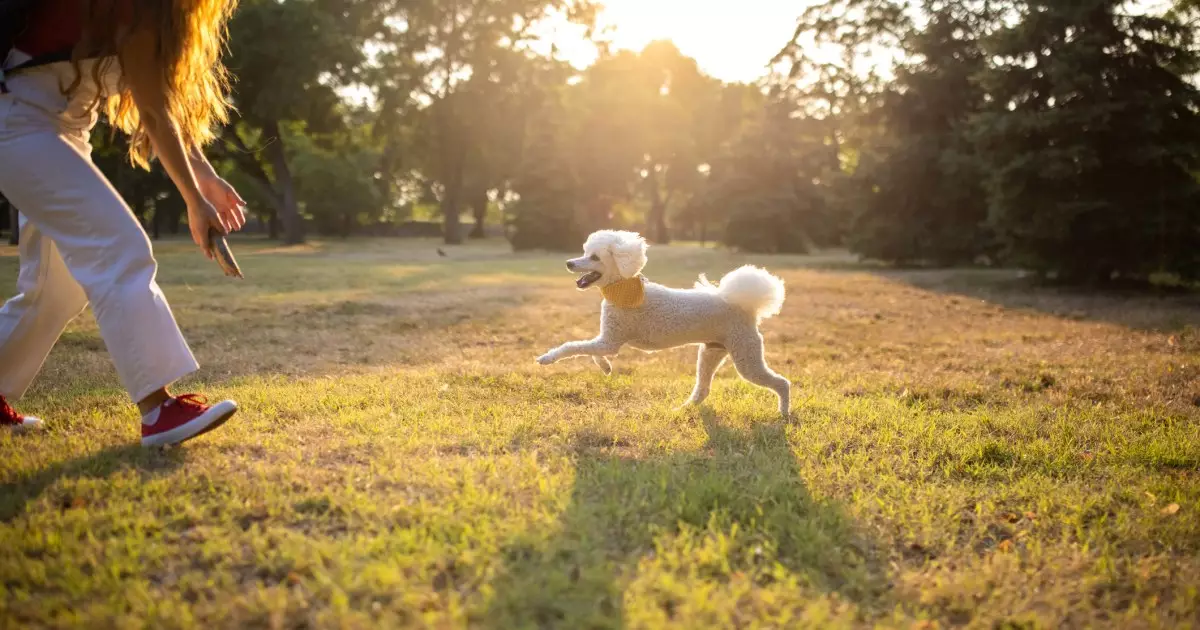Ensuring that your dog reliably responds to recall commands is crucial for both their safety and your peace of mind. As pet owners, we often face challenges, especially with distractions such as squirrels that can divert our dogs’ attention. A solid recall ensures that dogs can enjoy their freedom while still being responsive to their owner. Let’s delve into effective strategies to enhance your dog’s recall ability.
The first step in improving your dog’s recall is anticipating situations that may lead to distractions. If your dog is known for chasing squirrels, try to minimize their exposure to these triggers until their recall is more reliable. Training in low-distraction settings, gradually increasing the difficulty as your dog masters commands, conditions them to react better in more complex environments. This proactive approach prevents failure during training sessions and encourages positive responses.
Before diving into the recalls amidst distractions, it’s essential to reinforce basic communication skills. Engaging in games that encourage your dog to focus on you is a good starting point. One such activity is the “name game,” where you call your dog’s name and reward them when they make eye contact. Regular practice of this game builds a strong attention span and increases your dog’s willingness to respond to your cues.
Once your dog is familiar with their name and attentive to it, start introducing mild distractions. Activities such as rolling a ball or tossing a toy can instill a sense of excitement that mimics chasing a squirrel without them being present. This process exercises the dog’s focus and strengthens their recall “muscle,” allowing them to maintain attention on you even with moving targets nearby.
For training to be effective, consistency must be maintained in using cues and tone of voice. Select a specific recall command and use it every time you want your dog to return. Alternating commands or employing different tones can create confusion. Moreover, make it a rule never to associate the recall command with negative situations, such as bath time or reprimands. This helps in forming a consistent, positive association between the command and returning to you.
Incentives: Positive Reinforcement
To truly motivate your dog to improve their recall, high-value rewards are essential. This could be a treat, a favorite toy, or an enjoyable activity. When your dog successfully responds to the recall, immediately provide the reward to reinforce the behavior. This positive reinforcement makes it more likely that your dog will respond, even in the face of captivating distractions.
Ultimately, with patience and perseverance, your dog will develop a reliable recall that not only enhances safety but also reinforces the bond between you and your furry companion. By setting them up for success, practicing foundational skills, maintaining consistency, and using incentives, you will foster an environment where your dog is eager to respond, regardless of the distractions, ensuring joy for both of you in every outing.

